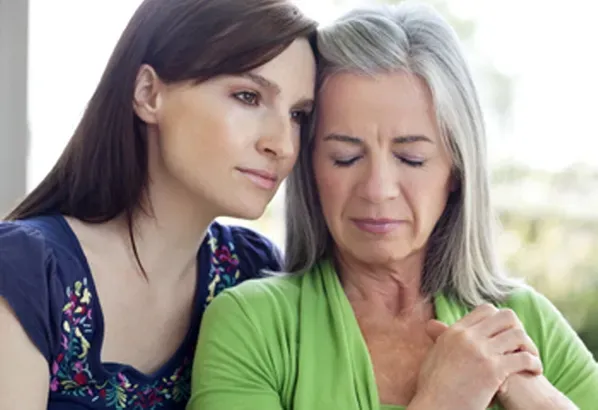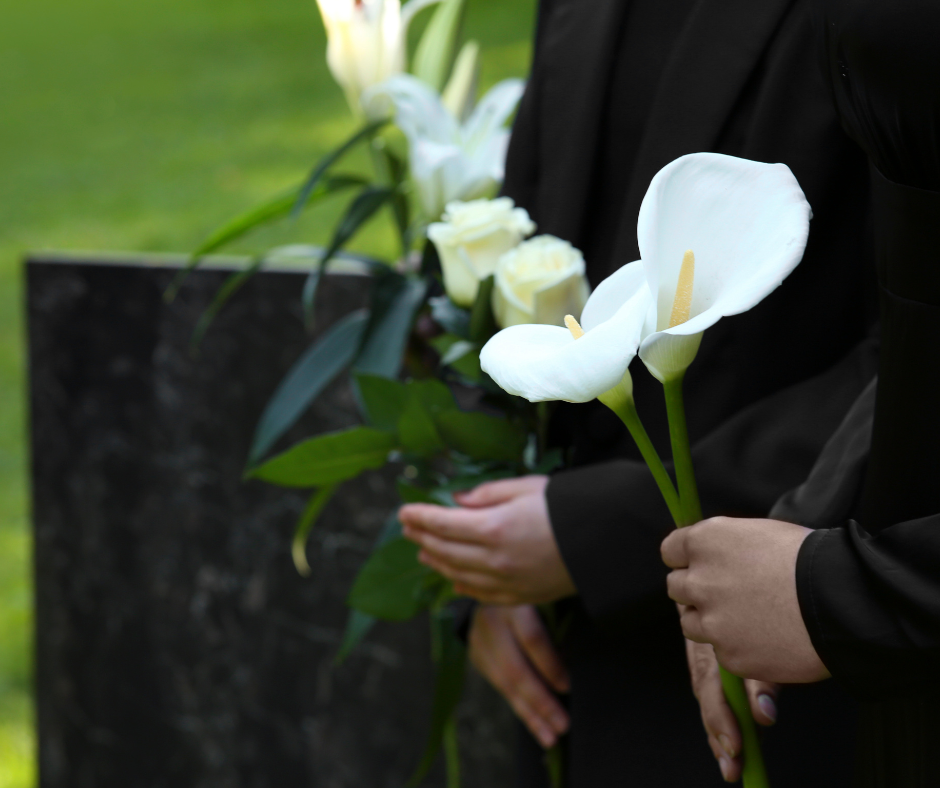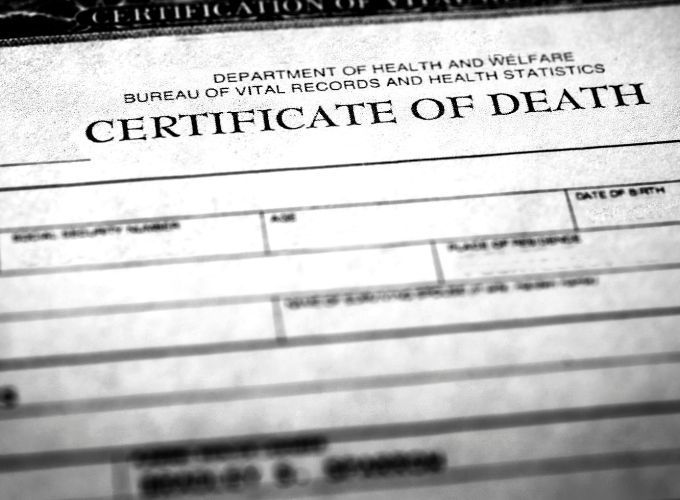Articles Of Interest
Coping With the Loss of a Loved One from Suicide

The death of a loved one by suicide is a terribly tragic event, which can leave deep emotional scars for family and friends. Coping with the suicide of a loved one is often more difficult than dealing with a death by natural causes.
Suicide carries a social stigma, making it difficult to discuss with others and leaving families feeling isolated in their grief. It’s important to remember when facing the suicide of a loved one, that there are people who have suffered the same type of loss and can lend support.
Grief stemming from the suicide of a loved one can manifest itself in a variety of powerful emotions. It may be shock or disbelief of the situation. Suicide is a difficult circumstance to accept as reality. Another powerful emotion is anger - about feeling abandoned or missing clues. Some people also feel strong a sense of guilt. Many surviving loved ones will question if it was their fault or if they could have done something differently to prevent it.
Denying or suppressing these feelings will only make things more difficult. Family and friends should be honest with themselves about what they are feeling and accept that having these emotions is perfectly normal. Once you accept that experiencing a broad range of emotions is normal, you can start to work through them.
Talking with your family, friends and other support systems will help you to better understand you own emotions and help to lessen them as time goes by. If you feel you need additional support, there are many groups and resources available to help work through your emotions, including groups specifically for the loved ones of suicide victims.
Keep in mind that there’s no “right” way to grieve. There is also no “right” amount of time to grieve. You will need to work through this process at your own pace. While grieving, it is important to know that suicide is a tragedy that cannot be predicted. The circumstances were beyond your control and an internal struggle for the individual.
The pain of loss will never fully go away but through support and acceptance, it is possible to reestablish a routine and to learn to live again.











